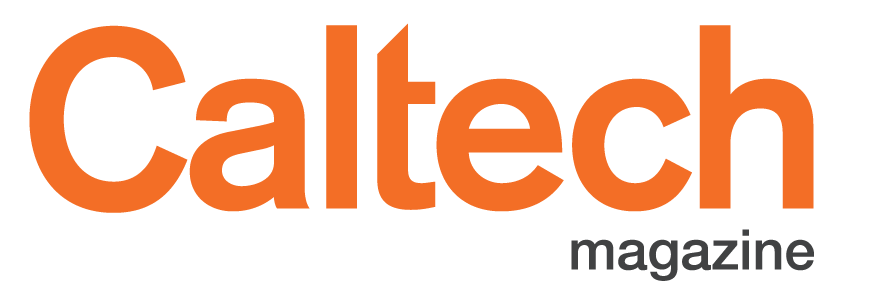Diversity, Inclusion, and Today’s Caltech
Lindsey Malcom-Piqueux
READ THE FULL STORY: Reflections on ‘72 from Caltech’s First Black Alumnae.
In the 50 years since Karen Maples, MD (BS ’76); Deanna Hunt (BS ’76); and Lauretta Carroll (BS ’77) first arrived at the Institute, Caltech has continued to evolve and, in doing so, has made significant strides to make the campus, programs, and the Institute as a whole more inclusive of all individuals and perspectives.
Yet, more work remains. The woman spearheading that effort on campus is Lindsey Malcom-Piqueux (MS ’03), who stepped into the role of chief diversity officer and assistant vice president for diversity, equity, inclusion, and assessment (IDEA) in 2021.
As part of her current role at Caltech, Malcom-Piqueux partnered with a group of faculty, staff, postdocs, and students to conduct the first campuswide climate survey, which allowed for a collaborative self-examination across all departments. The survey revealed that while some fields are perceived by Institute scientists to have a more inclusive environment, other disciplines still have work to do. Furthermore, each discipline has its unique challenges and successes.
Once the problems have been identified, Malcom-Piqueux says, the next step is to address them: which is what the Caltech Center for Inclusion and Diversity (CCID), the President’s Diversity Council, and many faculty, student, and administrative partners across the divisions and administrative units are now aiming to do. Through these offices and a variety of new and ongoing programs, the Institute is implementing a robust, systemic approach to advance IDEA at Caltech. The work is grounded in a set of shared principles that include a focus on affirmative identity consciousness, an acknowledgment that patterns of inequity exist, and a reliance on data and evidence to guide actions and assess progress, Malcom-Piqueux says. The Institute has also taken intentional steps to make routine processes and functions across Caltech more inclusive, such as hiring, teaching, mentoring, evaluation of staff and faculty, and communications.
“Building a central hub like the CCID to facilitate collaboration and coordination was a big thing,” she says, noting that the group, which was previously positioned as a resource primarily for students, has expanded its charge to offer support and space for students, postdocs, faculty, and staff.
At the same time, CCID is deepening its support structures and programs for students, with the intent of fostering a greater sense of belonging and connection, particularly among individuals who are from historically minoritized communities. In the newly renamed First-Year Success Research Institute (FSRI) program, for instance, CCID helped transition as many as a quarter of this year’s first-year students to the Institute this summer in a seven-week intensive orientation program designed to introduce them to Caltech’s rigorous research and academic programs and requirements. Formerly known as the Freshman Summer Research Institute, which lasted for seven weeks and was confined to the summer months, the new FSRI now encompasses the whole academic year thanks to a grant from the Gordon and Betty Moore Foundation. The program includes in-depth advising as well as academic success and skill-development workshops; it also encourages more relaxed opportunities to socialize and build community, such as week- ly Sunday dinners and even excursions to Disneyland.
Another important new vehicle for progress in inclusion and diversity is the President’s Diversity Council, an advisory faculty committee that supports, advises, and provides recommendations for campuswide IDEA efforts. The council implements its own goals and also reviews and advises on new policies proposed by Malcom-Piqueux and leaders from other administrative units. “That group is incredibly engaged with identifying challenges and asking the difficult questions,” she says. She also notes that each of the six academic divisions has a DEI committee, and some have hired DEI coordinators.
“We foster an inclusive campus culture and climate by educating and training Caltech community members to implement inclusive approaches and interrupt exclusionary practices,” Malcom-Piqueux says.

